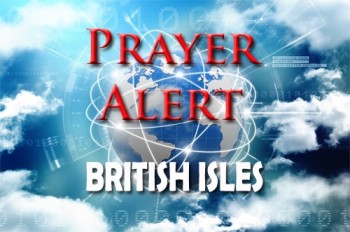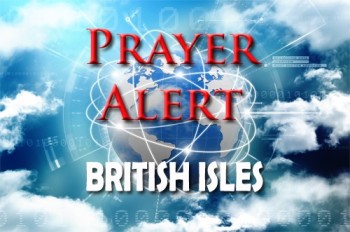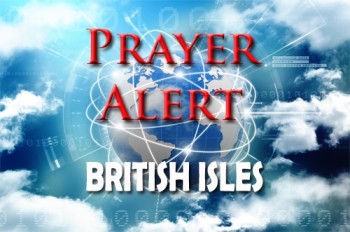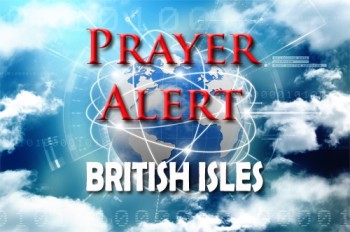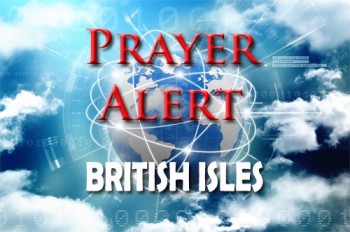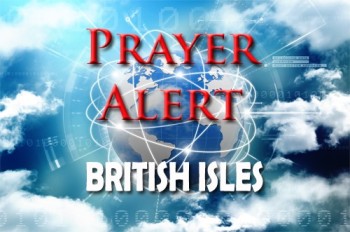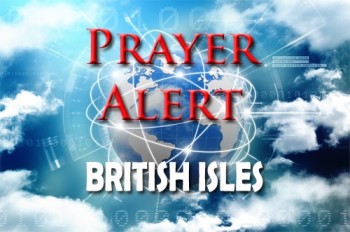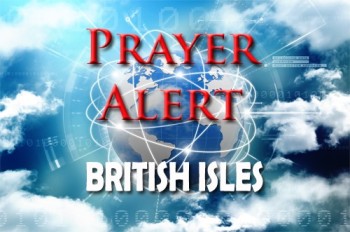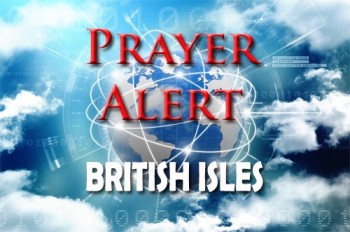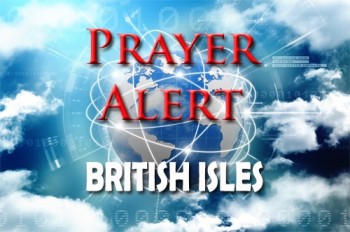Displaying items by tag: United Kingdom
Budget taxation and spending
The chancellor pledged increasing public spending amid higher than expected economic growth. Whitehall departments will receive a rise of £150bn over the course of this parliament, the largest increase this century. There is extra money for schools, tax cuts for businesses and a cut in air duties for internal flights. A changed alcohol duty will see cheaper sparkling wine and draught beer, and the planned fuel duty rise is cancelled. Amid huge concern over the £20 cut to Universal Credit, changes will be made to let working claimants keep more of their benefits. There is new money for the NHS, a rise in the National Living Wage, and public sector pay rises. The Institute for Fiscal Studies said inflation and higher taxes on incomes would negate small wage increases for middle earners. Low-income households will see the cost of living increase faster than benefit payments. The chancellor acknowledged in his budget that families are under strain: see
Day of Prayer for the Media - 31 October
Christians in Media is a UK community supporting, encouraging and inspiring Christians working in, and with, media: producers, journalists, photographers, editors, content creators, social media managers, press officers, war correspondents. Through local meet-ups and a flourishing online network, they help, encourage and inspire each other to be disciples whilst meeting the demands of the industry. Their vision is to see Christians in the industry flourish and become key influencers, to see churches engaging positively with the media, and to see the life-affirming Gospel message of faith, hope and love increasingly reflected in the UK media. 31st October is a day of prayer for Christians in the media; a call to churches to set aside time in their meetings to pray for local, regional, national and social media. To inspire this time of prayer, Christians in Media have produced a new short video that can be used as an introduction to prayer. See
Covid: worrying statistics
An estimated one in 60 people in the UK had coronavirus in the week ending 16 October. That figure is one in 45 for Wales, one in 55 for England, one in 90 in Scotland, and one in 130 in NI. Scientists advising the government said they should prepare to trigger stricter Plan B measures now, amid rising cases. The percentage of adults who say they always or often maintain social distancing fell to 39% in mid-October. Although most adults agree measures such as social distancing and mask-wearing to slow the spread of Covid are important, fewer people are still doing it and more than half of working adults are now travelling to work. Young people see the ‘hands, face, space’ measures and social distancing as less important than older age groups do. Men are less likely than women to view them as important or very important.
Schools anti-vax protests
There have been anti-Covid vaccine protests outside 420 schools up and down the UK. The Association of School and College Leaders said it is not a fringe concern even though most protests stem from just two groups on the messaging app Telegram. One organiser has allegedly visited every secondary school in Hartlepool, and another group is coordinating multiple daily school visits from Kent to Cheshire. Protesters left Gateshead students distressed after showing them pictures of what appeared to be dead children. They target teachers with sham legal documents, and hand children leaflets with QR codes leading to extremist and conspiracy content. Some protesters think it is wrong to vaccinate children, or say the whole pandemic is a hoax. Sir Keir Starmer said it was sickening that protesters were spreading ‘dangerous misinformation’ to children, and wants exclusion zones set up around school gates.
Prayers for our Government
Lord, we ask you to bring comfort and healing to the family of Sir David Amess, and for peace and wisdom to reign in all our political leaders as Your protection surrounds them. May Your Kingdom's purpose for our nation thwart every strategy of the enemy. We also pray for the proposals, planning and preparation for the 27 October autumn budget that will set out the next stage of ‘Building Britain Back Better’. We pray particularly for Rishi Sunak and all who work in the treasury. Father, give them heaven’s wisdom. Anoint with sound judgment those making decisions on employment tax changes, and give insights to what is needed when investing in NHS, education, infrastructure and housing while delivering on Brexit plans. May all decisions made be according to Your intentions for the nation’s economy as funds are appropriately injected where they are most needed and ministers steward wealth wisely.
Remembering Sir David Amess - friend of Israel
The Parliamentary Group Against Antisemitism said it was ‘devastated to learn of the death of their friend and colleague Sir David Amess MP. A long-standing and active member of the group and an excellent public servant, he will be sorely missed. Our thoughts are with his friends and family.’ Sir David recently spoke in Parliament on Holocaust Memorial Day saying, ‘Although I am not a Jew but a Catholic, there is Jewish blood in each and every one of us. I would certainly have been proud to be born a Jew, and I stand shoulder to shoulder with our local Jewish congregations. Over recent years, these people, my friends, have felt very vulnerable. I would like the Government to continue supporting the Community Security Trust, in its vital work to keep Jewish communities safe through the protective security grant.’ David also supported the genocide amendment to the Trade Bill.
Give priests last rites access?
After Father Jeffrey Woolnough was not allowed to reach Catholic MP Sir David Amess when he had been stabbed last Friday, an amendment was proposed in Parliament. In the Catholic tradition, the last rites are the final prayers said to commend a person to God's mercy. A Catholic Labour MP suggested adding the ‘Amess amendment’ to legislation to allow priests to reach and pray with terminally ill Catholics in the final moments of life or just after they have died. However, some professionals have argued that the proposed change could lead to the potential contamination of a crime scene.
Covid: ‘bring back rules’ as cases rise
Health leaders have called for some Covid restrictions to be reintroduced immediately to avoid England stumbling into a winter crisis. They said a back-up strategy, a Plan B which includes mandatory face coverings in crowded and enclosed spaces, should be implemented. UK cases have been rising sharply. Business secretary Kwasi Kwarteng said it was not yet time for a Plan B and urged a greater uptake of booster jabs. He did not want to jeopardise the ‘hard-won gains’ of reopening the economy even though for a week daily Covid cases have averaged above 40,000, the worst figures since March. Overall, he said, ‘the health service is right at the edge’. Meanwhile, the health secretary is telling the public to ‘play their part and get a booster jab’ in order to enjoy Christmas with loved ones. Cabinet Office officials are already discussing ‘Plan C’ proposals which would ban mixing between households. See
Scotland: carbon-neutral churches?
The Evangelical Alliance are asking the Scottish government to open a grant for converting church buildings to become net zero in energy efficiency, ventilation and in their heat networks so that every church in Scotland is carbon-neutral by 2045. They said, ‘We believe it is part of our commission as Christians to be good stewards of God’s creation. After God created the earth and everything in it, He declared it very good. He invited the people to have “dominion” over it; they were to take responsibility for its care. As followers of Jesus, we should treat the earth with respect because God has entrusted us to take care of it.' Meanwhile seventy respected climate scientists want Boris Johnson to end new oil and gas developments off Shetland and urgently set out a concrete plan for moving from fossil fuels to low-carbon electricity sources.
‘Discrimination’ at Christian adoption charity
Cornerstone, a Christian adoption and fostering charity, tried to overturn earlier judgments finding it had discriminated by only accepting heterosexual evangelical Christians as potential carers. The Court of Appeal agreed that the judge had been unduly dismissive of the importance of Cornerstone’s evangelical faith to its work and mission, but ruled that this did not justify sexual orientation discrimination in the furtherance of that mission. Cornerstone sought to argue it did not discriminate on the ground of sexual orientation but rather on behaviour, a distinction which was rejected by the court. However, this distinction is central to how many evangelical churches and organisations engage with issues of sexual orientation and identity within a biblical frame. As such, this highlights a growing chasm in societal and traditional evangelical approaches to human sexuality, making future challenges in this area highly likely. Cornerstone intends to appeal this latest decision.
